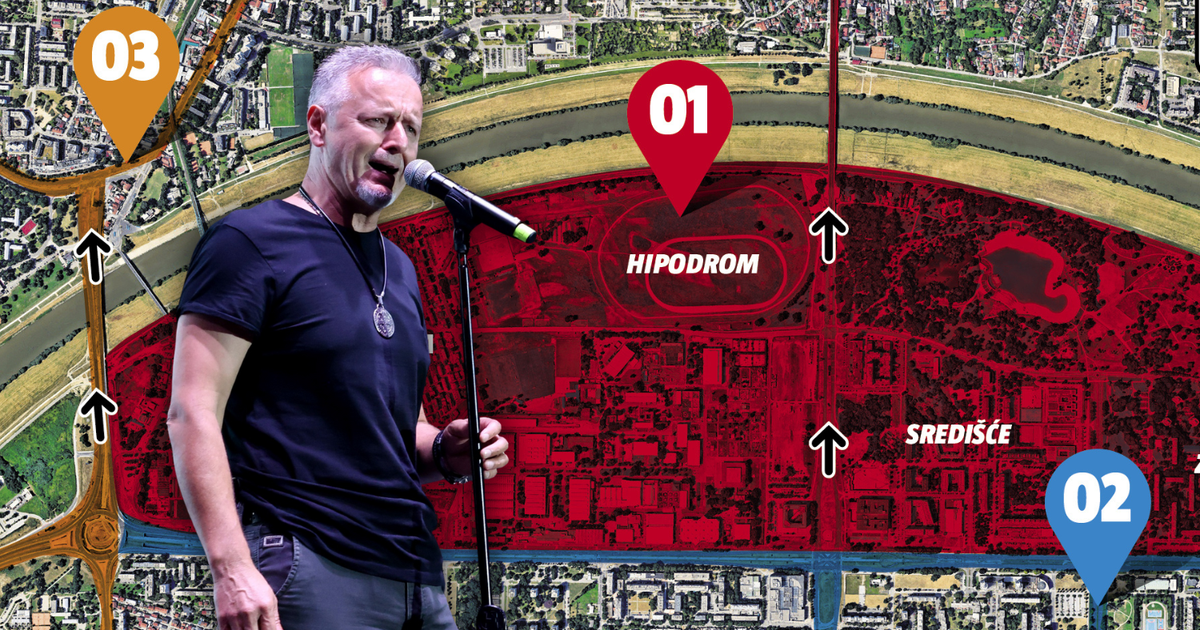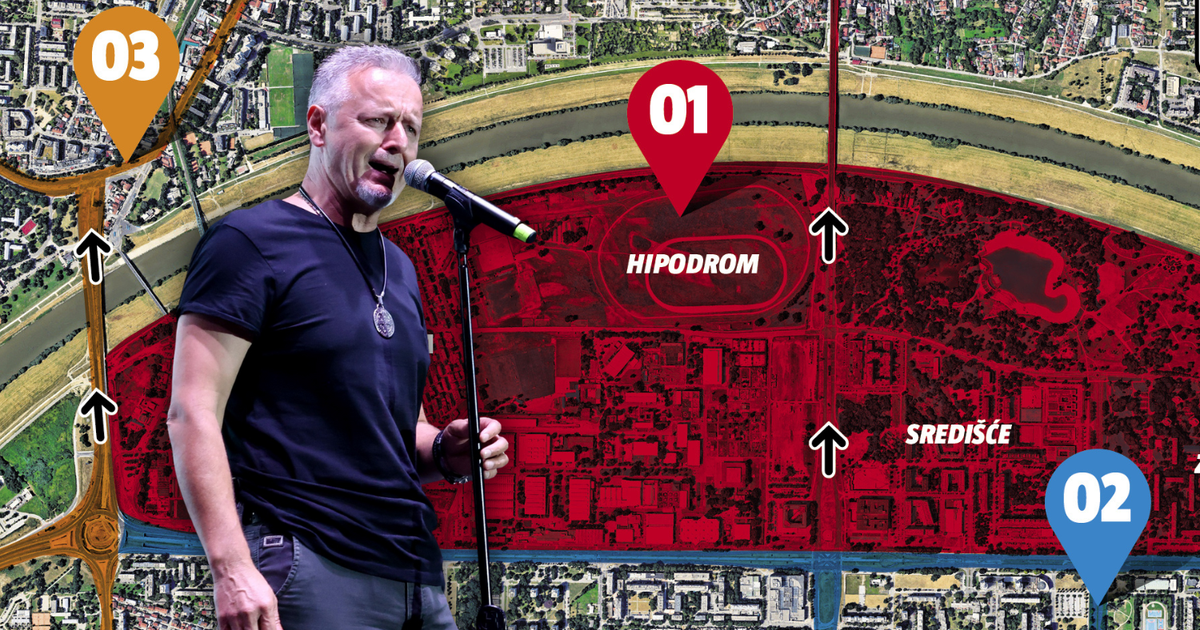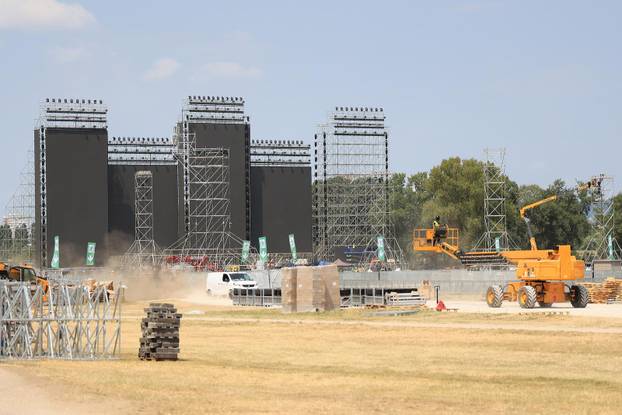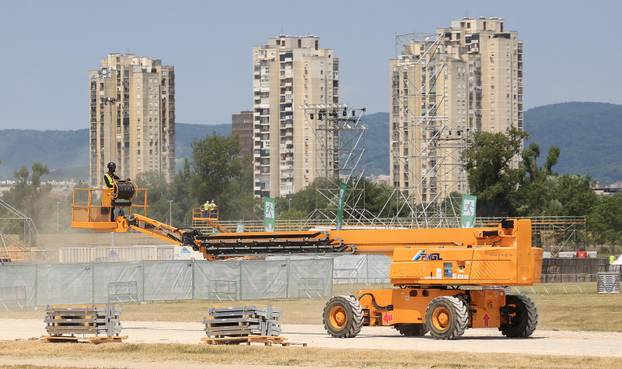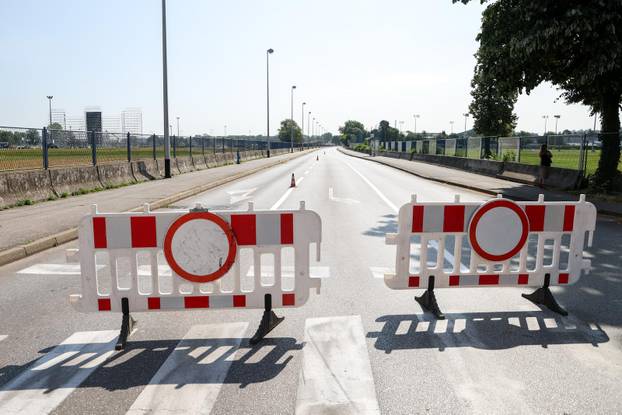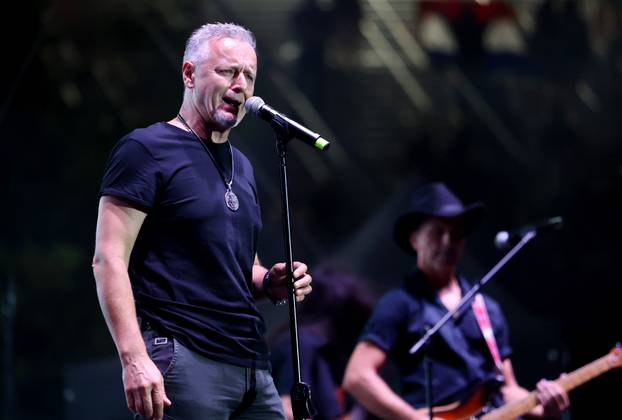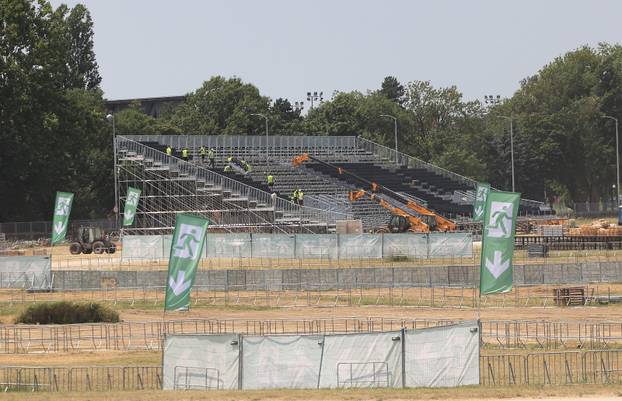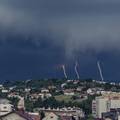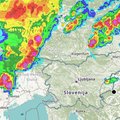Zagreb on the Brink of Meltdown Over Thompson Concert!
Imagine this: half a million people in one place, a concert by Marko Perković Thompson at Zagreb Hippodrome on July 5th. The city is preparing for an unprecedented logistical and security challenge, and residents of the southwest part of Zagreb are already dreading the chaos to come.
Three Phases of City Closures – What Does This Mean for You?
The mayor and city officials have announced three key phases of road closures. The first, the red zone, will close Friday night and last until Sunday morning, covering neighborhoods like Kajzerica, Središće, Zapruđe, and others. Residents will have access, but patience is a must.
The second phase, the blue zone, includes Dubrovnik Avenue and Sr. Njemačke Street, with closures depending on pedestrian numbers and police decisions in real-time. Trams will run as long as possible, but delays and route changes are expected.
The third phase, the purple zone, is a reserve plan with additional closures including Jadranska Avenue, Lučko, Most mladosti, and other key roads. If tens of thousands of people walk, bridges will be closed – no other option!
Where Will People Park? Nobody Knows!
Chief city traffic expert Andro Pavuna openly admits: “I don’t know where people will park!” Logistics are extremely demanding, and the city lacks sufficient parking spaces. Mayor Tomislav Tomašević warns Zagreb already has a chronic parking shortage and urges visitors to come organized – by buses, trains, or carpooling.
Safety and Emergency Services Come First
The city is deploying dozens of police officers, firefighters, medical staff, and municipal workers. Hydrants with drinking water and water tankers will be set up, and city cleaning will be organized overnight. Emergency services must have free passage, meaning further traffic restrictions.
And Who Pays the Price?
The City of Zagreb covers the costs of cleaning, security coordination, and public transport, but the exact amount has not been disclosed. Residents will suffer from traffic jams, closures, and inability to use their cars, while the city bears the financial burden. Is this fair?
How Have Other Cities Handled Similar Concerts?
While Zagreb still lacks a clear plan, other cities like Modena in Italy and Munich in Germany plan logistics months in advance. Modena secured 46,000 parking spots, closed streets, organized extra trains and shuttle buses. Munich recommended public transport and set up temporary parking zones.
Zagreb seems to still be learning from others’ mistakes.
Conclusion: Prepare for Chaos or Stay Home!
If you plan to attend, brace yourself for hours of waiting, closed streets, and no parking. The city appeals to citizens to bike, walk, or use public transport. But honestly, is it realistic to expect half a million people to heed this advice?
Zagreb is gearing up for one of the biggest logistical challenges of the year, but the question remains: will the city and organizers manage to avoid a total collapse?
What about you? How would you solve this chaos? Is the concert worth all this hassle? Share your thoughts, maybe together we can come up with a better plan!





